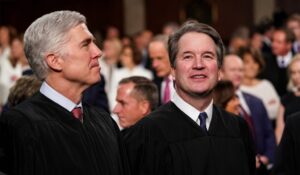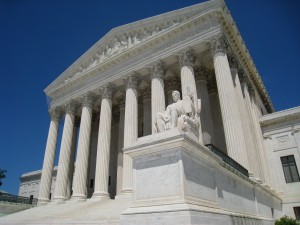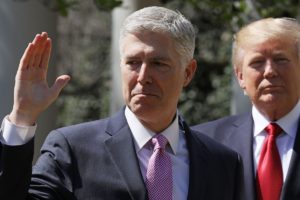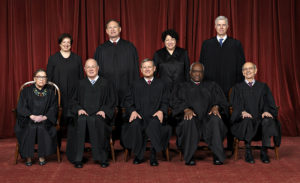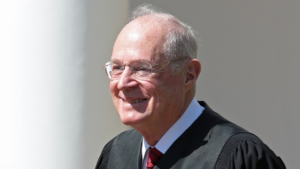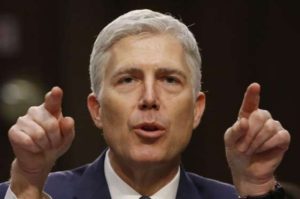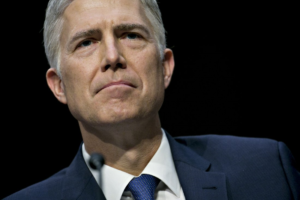Now we hear that Supreme Court Justice Neil Gorsuch might be in a bit of a jam over ethical conduct.
What the … ?
First it was Justice Clarence Thomas, whose wife Ginni, got caught up in The Big Lie nonsense over the 2020 presidential election. She attended the rally in which Donald Trump urged the angry crowd to march on the Capitol and “take back” our country. It didn’t work out well. Then the justice cast the lone vote against a decision requiring the ex-POTUS to turn over documents to the National Archives. A connection? Hmm … looks like it to me.
Then came the Harlan Crow matter, with the Dallas zillionaire lavishing gifts on the Thomases, which the justice didn’t report.
Now comes Justice Gorsuch, who reportedly sold a $2 million piece of property to an executive with a mega-legal firm that does business with the court.
It all calls to question the lax ethical standards intended to govern the behavior of the nine men and women who serve on the nation’s highest court.
There needs to be an ethical standard for the nation’s highest court. Chief Justice John Roberts so far has refused to act. The Senate, which must confirm nominees to the federal bench, can do the right thing, if it can muster up the will. So far it has refused.
I daresay the nation’s founders are likely spinning in their graves over the politicization of the SCOTUS. They sought to remove the judiciary from the political arena. Their experiment has failed, sad to say.
The high court demands lower courts adhere to ethical standards. Yet it doesn’t have any such standards for its own justices to follow.
It’s a shameful (or shameless) dereliction of duty.

